The value of independence and the dangers
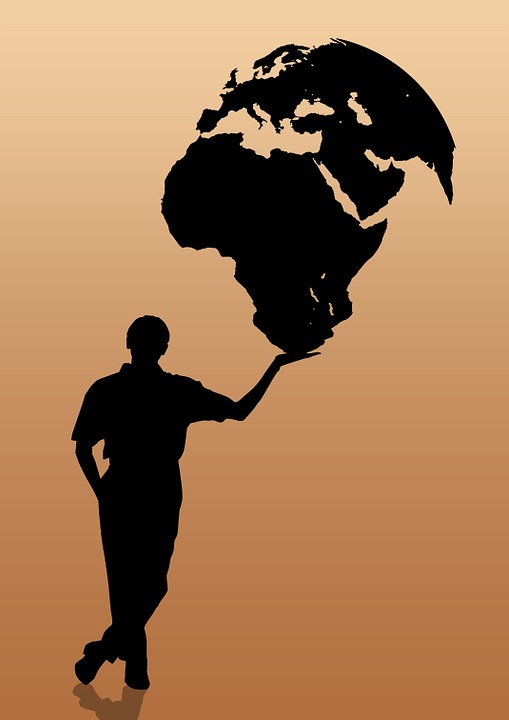
As we are about to observe Independence Day here in the United States, I got to thinking about what independence truly means. For the early colonialists, it meant freedom from tyranny and winning a fight for independence from an aristocracy. It meant that the 13 newly formed colonies would be sovereign in and among themselves and independent from England.
Sovereignty as a person and as a nation state has its own value, indeed. I’ll explore that further in this blog article.
Does that independence also mean, however, total independence from one another and the planet, in a manner that absolves each of us and all of us from a shared responsibility for our present and our future?
Untethered from royal rule, as our founders acknowledged, need not mean untethered from a moral compass. Hence, along with the Declaration of Independence soon thereafter came the United States Constitution and the Bill of Rights.
Not unlike a piece of cloth, the tighter the societal weave, the stronger the fabric. Conversely, the more threadbare, the weaker the cloth. Single threads, while separate, 100% independent, if you will, as strong as they may be individually, become that much stronger as they are woven together.
Don’t get me wrong. I love my independence. I’ve built a life fueled in large part by a no one is the boss of me attitude. I came into my own as a young adult during the heyday of Ronald Reagan’s rugged individualism of the 1980s. With bravado, I would stand up to anyone or any institution that tried to fence me in. I started my first ‘real job’ as a W2 employee at age 14. By age 18, I had moved out and away to an entirely new environment to attend college at U.C. Berkeley. I resented having to rely on anyone. I enjoyed great success and many adventures along the way as I graduated from Berkeley with a double major with honors, gave the student commencement address, traveled the country and the world on my own, and went on to law school and into a career practicing law as a litigator. My family didn’t really ‘get it,’ and they would have been happier if I went to a school that had a top-ranked football team.
 All that pulling myself up by my own boot straps, however, did take its toll. It took me years of life living and deep spiritual growth to excavate and repair the broken threads of mistrust and to allow others to support me in healthy ways. It took me awhile to get out of survival mode and into thriving mode in a way that invited others in to help shoulder the load. Even now, sometimes the heaviness of ‘decision fatigue’ threatens to pull me down into the depths of metaphoric quick sand.
All that pulling myself up by my own boot straps, however, did take its toll. It took me years of life living and deep spiritual growth to excavate and repair the broken threads of mistrust and to allow others to support me in healthy ways. It took me awhile to get out of survival mode and into thriving mode in a way that invited others in to help shoulder the load. Even now, sometimes the heaviness of ‘decision fatigue’ threatens to pull me down into the depths of metaphoric quick sand.
While I enjoy the freedom to chart my own course, I also realize how much more effective and enjoyable it can be to have a crew with me on deck. Sometimes, it truly is easier and more rejuvenating to share the load. For more on this, see previous editions of Soul Notes: A Rising Tide Lifts All Boats article here, and In Support of Support, here.
For your consideration
So, as you sit down with your friends and family to watch the fireworks this year, consider this:
While we honor and revere our freedoms, what can we do in this moment, to honor and revere the fact that we don’t need to do it all alone? Not unlike the early colonists, we can decide to band together to hold each other up — not from a place of fighting against outside forces of domination, but from a place of shared sovereignty and collaboration.
I know for me, the fireworks this year will be taking on the shape of a renewed vision of a shared responsibility and contributions toward a better future for all.
Okay, your turn:
What does independence mean to you? We’ve come to learn that being ‘codependent,’ in the psychological sense, is unhealthy. What about interdependence? Does it take a village? Where in your life are you instead a steadfast fan of rugged individualism?
I invite you to share your thoughts, feelings, and experiences by leaving a Reply in the Comments section, below. Soul-to-soul!
© 2019 Lori A. Noonan. All Rights Reserved.


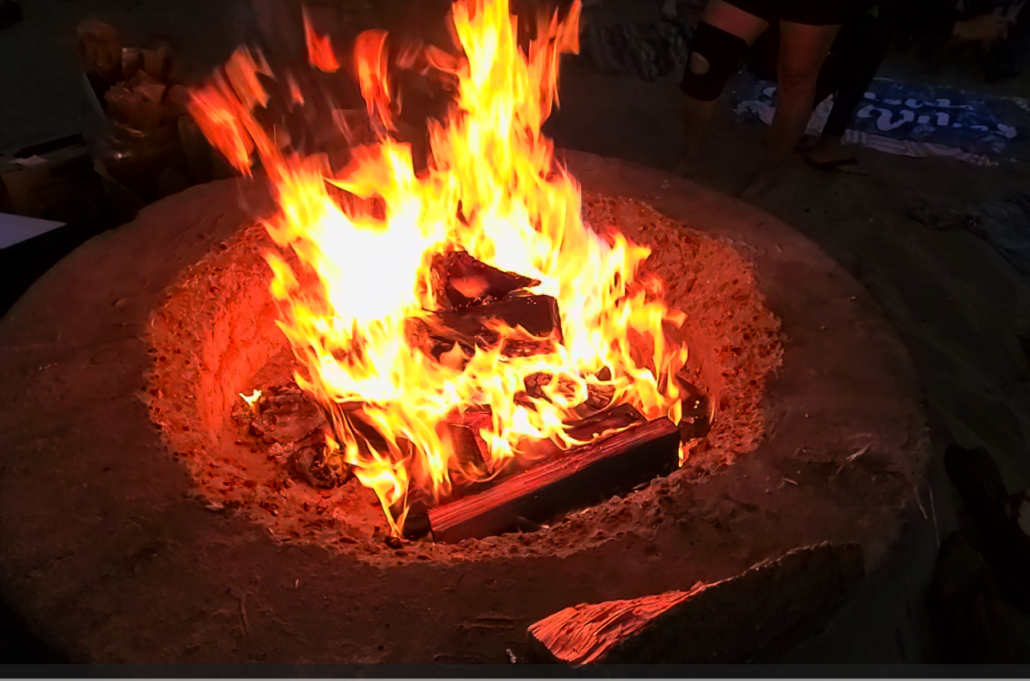


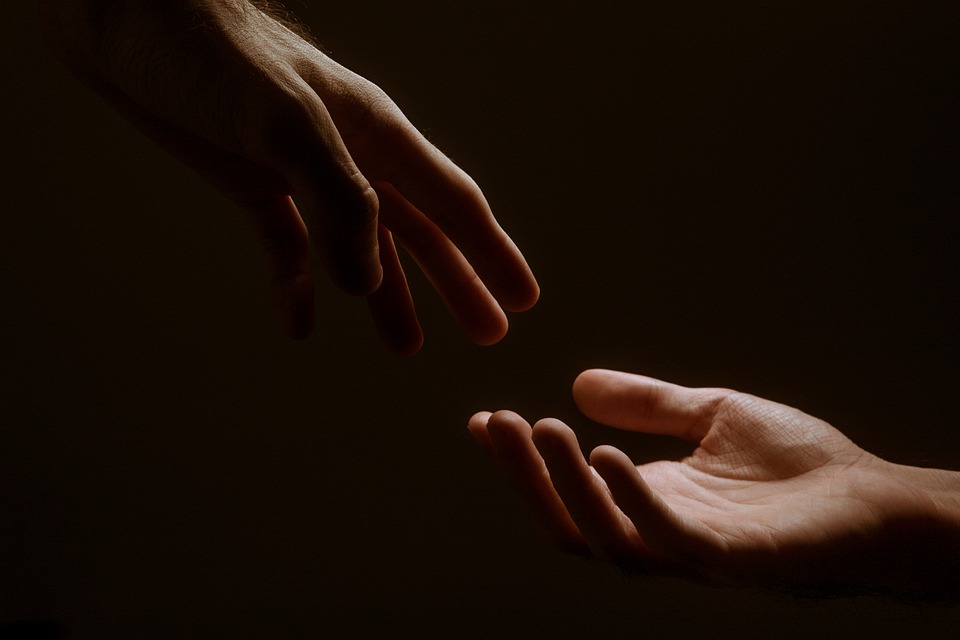

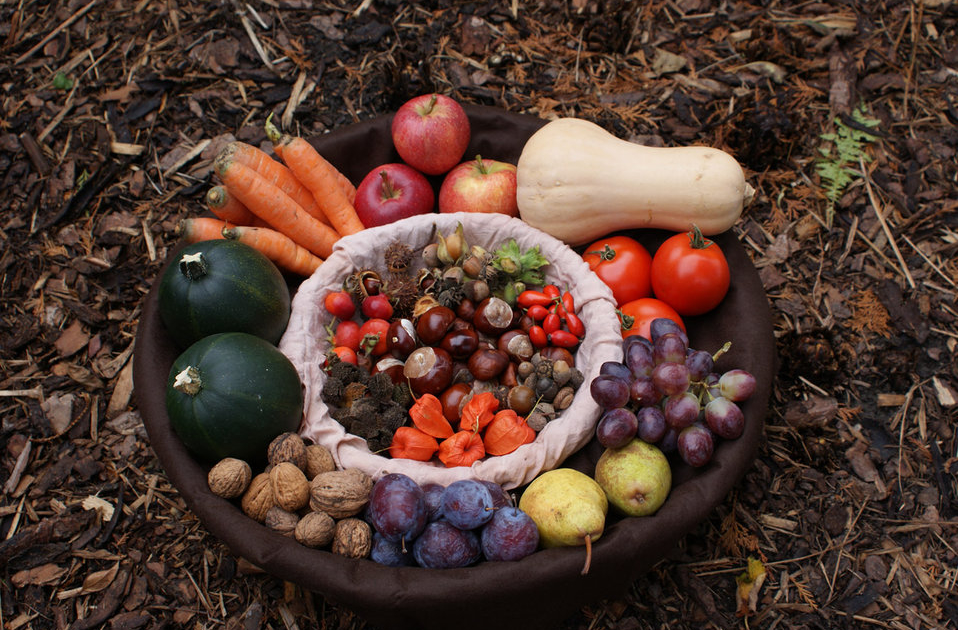
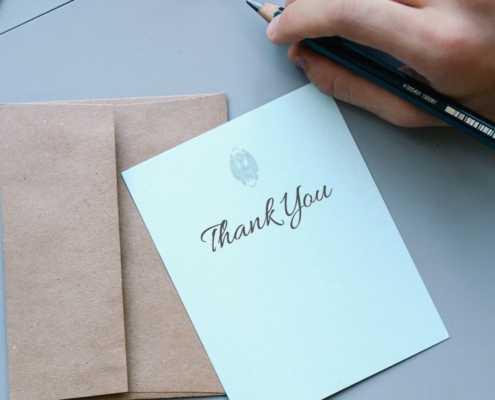 In what ways have you incorporated thankfulness in your life?
In what ways have you incorporated thankfulness in your life?
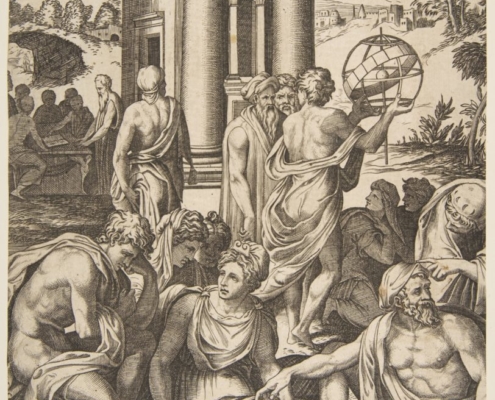 In Ancient Athens, considered the center of polis (think politics) and the birthplace of democracy, towns people would come together to create coalitions and build upon a shared sense of morals and high conduct. There was an emphasis placed on being a good citizen. Public discourse was encouraged and carried the day. History tells us that Ancient Athens eventually unraveled due to increasing corruption and resulting cynicism. So, what can we learn from Athens’ later societal crumbling and decline?
In Ancient Athens, considered the center of polis (think politics) and the birthplace of democracy, towns people would come together to create coalitions and build upon a shared sense of morals and high conduct. There was an emphasis placed on being a good citizen. Public discourse was encouraged and carried the day. History tells us that Ancient Athens eventually unraveled due to increasing corruption and resulting cynicism. So, what can we learn from Athens’ later societal crumbling and decline? For your consideration:
For your consideration:
 All that pulling myself up by my own boot straps, however, did take its toll. It took me years of life living and deep spiritual growth to excavate and repair the broken threads of mistrust and to allow others to support me in healthy ways. It took me awhile to get out of survival mode and into thriving mode in a way that invited others in to help shoulder the load. Even now, sometimes the heaviness of ‘decision fatigue’ threatens to pull me down into the depths of metaphoric quick sand.
All that pulling myself up by my own boot straps, however, did take its toll. It took me years of life living and deep spiritual growth to excavate and repair the broken threads of mistrust and to allow others to support me in healthy ways. It took me awhile to get out of survival mode and into thriving mode in a way that invited others in to help shoulder the load. Even now, sometimes the heaviness of ‘decision fatigue’ threatens to pull me down into the depths of metaphoric quick sand.
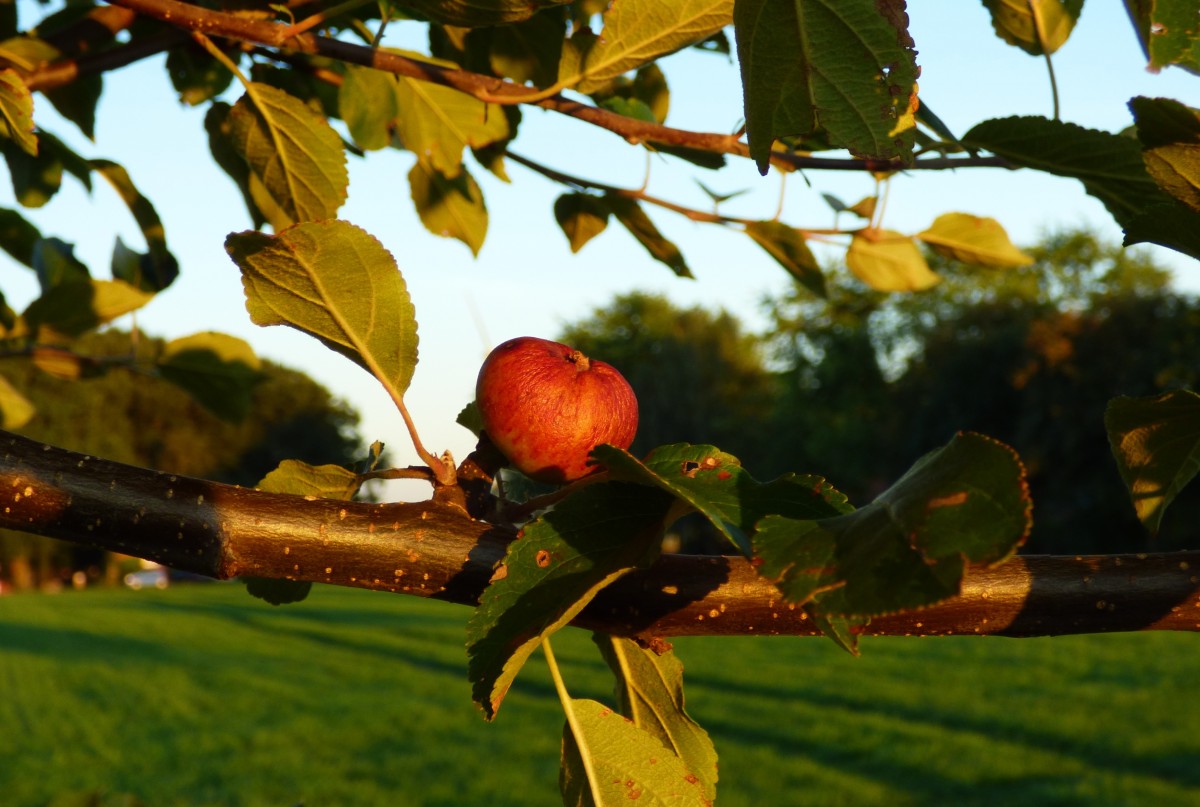
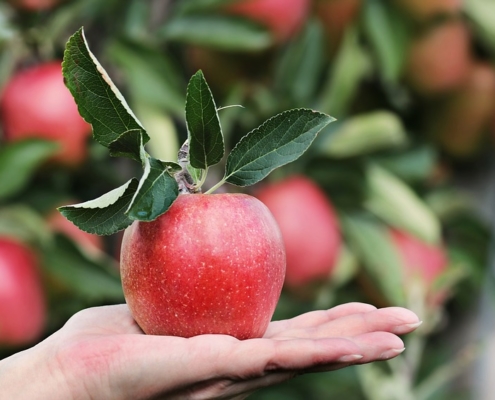 Plant the seeds and let go. Provide them water, soil and sunshine, sure; but otherwise, let them be. Allow specific outcomes to remain uncertain. Resist the temptation to impose person-made alterations that prevent nature from enjoying its full expression and dare I say potentially quirky “imperfections.” So, too, may it be with regard to your own dreams and aspirations.
Plant the seeds and let go. Provide them water, soil and sunshine, sure; but otherwise, let them be. Allow specific outcomes to remain uncertain. Resist the temptation to impose person-made alterations that prevent nature from enjoying its full expression and dare I say potentially quirky “imperfections.” So, too, may it be with regard to your own dreams and aspirations.